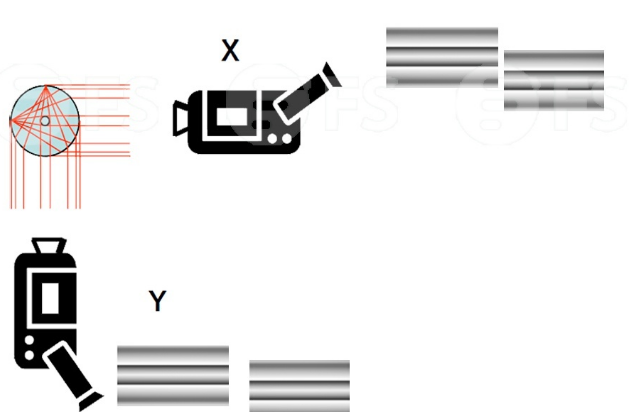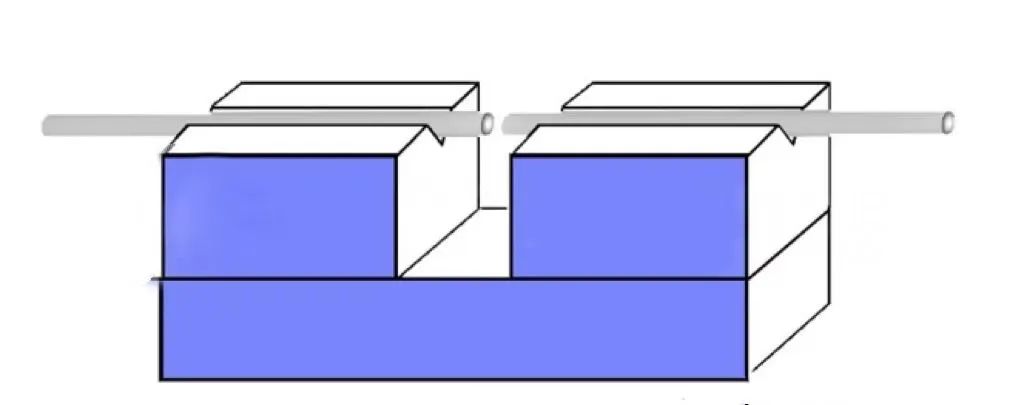Two common optical fiber alignment methods of optical fiber splicing machine
Optical fiber fusion machine is one of the mainstream methods of optical fiber field termination, so there are many kinds of optical fiber fusion machines in the market, which is dazzling.
How to choose a cost-effective optical fiber fusion machine has become a headache for many skilled workers.
We know that the alignment accuracy of the optical fiber fusion machine is very important to the quality of the optical fiber fusion machine. This paper will introduce two kinds of optical fiber alignment methods of the optical fiber fusion machine, hoping to help you choose a suitable optical fiber fusion machine.
About Optical Fiber Fusion splicing Machine.
Optical fiber fusion splicing machine is mainly used for the construction and maintenance of optical cable in optical communication, so it is also called optical cable fusion machine. Its general working principle is to use high-voltage arc to melt two optical fiber sections while using high-precision motion mechanism to gently advance two optical fibers, so that it can be fused into one, so as to realize the coupling of optical fiber mode field.
From this we can see that the alignment degree of the two optical fibers is an important factor to determine the fusion quality of the optical fiber. The higher the alignment degree of the optical fiber is, the better the fusion quality of the optical fiber is.
Alignment mode of optical fiber fusion splicing machine.
At present, there are two kinds of alignment methods of optical fiber splicing machine: core alignment and cladding alignment:
Core alignment.
The core alignment optical fiber splicing machine uses Core Detection System (CDS), sometimes called Profile Alignment System (PAS), with six motors and two CCD cameras built in to align the fiber through the side projection system.
The alignment process of the optical fiber is as follows: the light emitted by the red light source inside the welding machine illuminates the optical fiber through the reflector, then converges into the objective lens, and then images on the Charge Coupled Device (CCD) of X and Y cameras. Because of the different refractive index of the core and cladding, the gray scale of the imaging on the Charge Coupled Device (CCD) is different, forming bright and dark stripes, and these stripes are aligned by a certain algorithm.
The core alignment optical fiber fusion splicing machine has high welding performance and low loss, so it is suitable for optical fiber fusion in all applications, and the effect is excellent in the fusion of old optical fiber and new optical fiber.

Cladding alignment type.
The cladding alignment optical fiber fusion machine is equipped with two motors and a camera. The optical fiber alignment process is as follows: the optical fiber to be fused is placed in a fixed V-shaped slot respectively, and then the camera is used to adjust the position of the fixed V-shaped slot according to the concentricity of the optical fiber, so that the cladding of the two optical fibers are aligned. Finally, two motors are used to promote the optical fiber for electrode discharge fusion.
The cladding alignment optical fiber welding machine requires high precision of fixed V-shaped grooves and must be clean and pollution-free.
In addition, because the welding machine is aligned with the cladding of the optical fiber rather than the optical fiber, the loss of the welded optical fiber is also relatively large.
Generally speaking, the cladding alignment optical fiber welding machine is suitable for single-mode and multi-mode optical fiber welding applications with short-distance transmission.

Concluding remarks.
Cladding alignment optical fiber welding machine is mainly used in optical fiber household and other occasions where the quality of optical fiber fusion is not too high, and the price is relatively cheap.
The core alignment optical fiber splicing machine is equipped with a precision six-motor alignment system, including a focusing motor, and a specially designed optical lens and software algorithm, which can accurately identify the type of optical fiber and automatically select a matching fusion mode for fusion, in order to ensure the welding quality; its technical content is relatively high, in addition to being used for optical fiber entry, it can also be used for trunk optical fiber fusion, so the price will be relatively high.